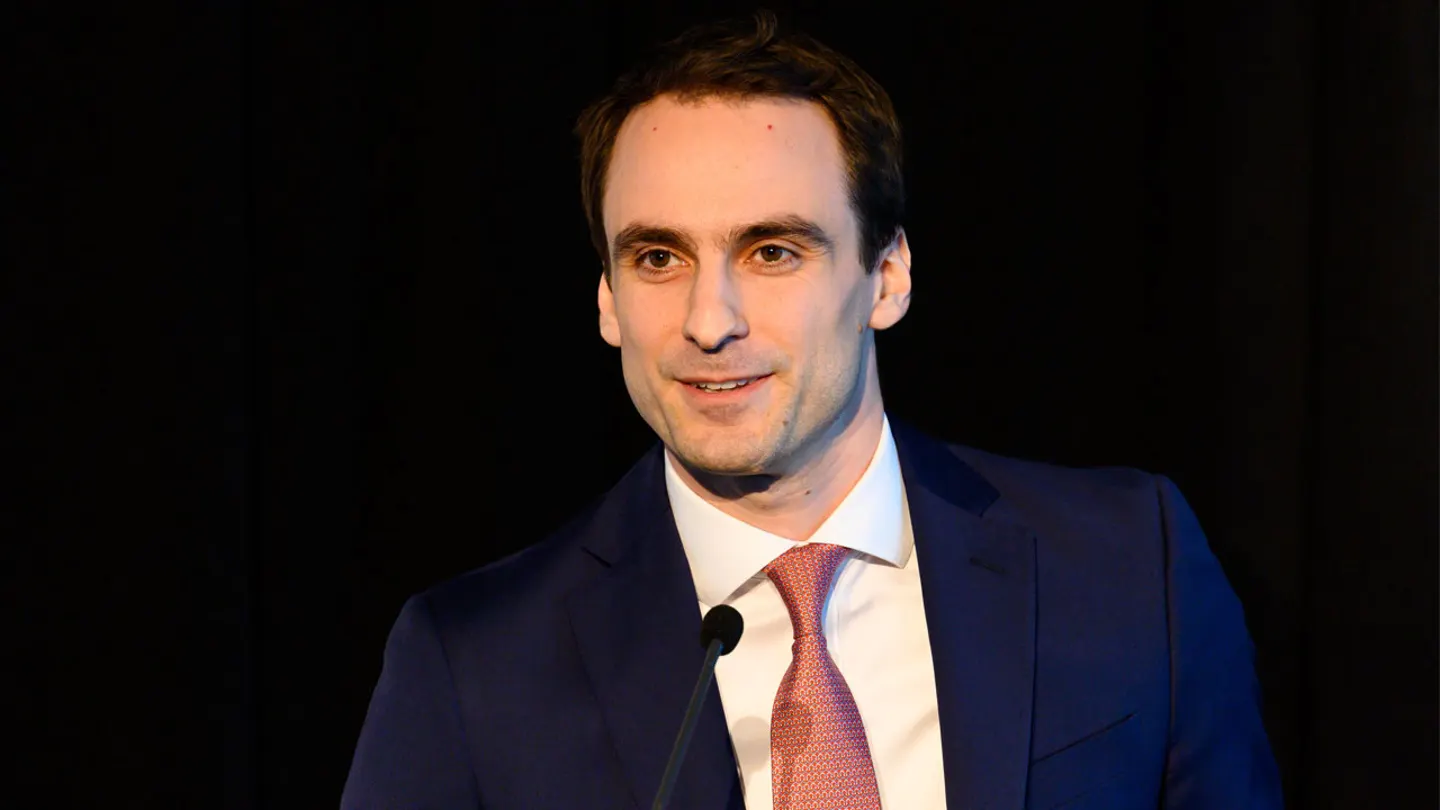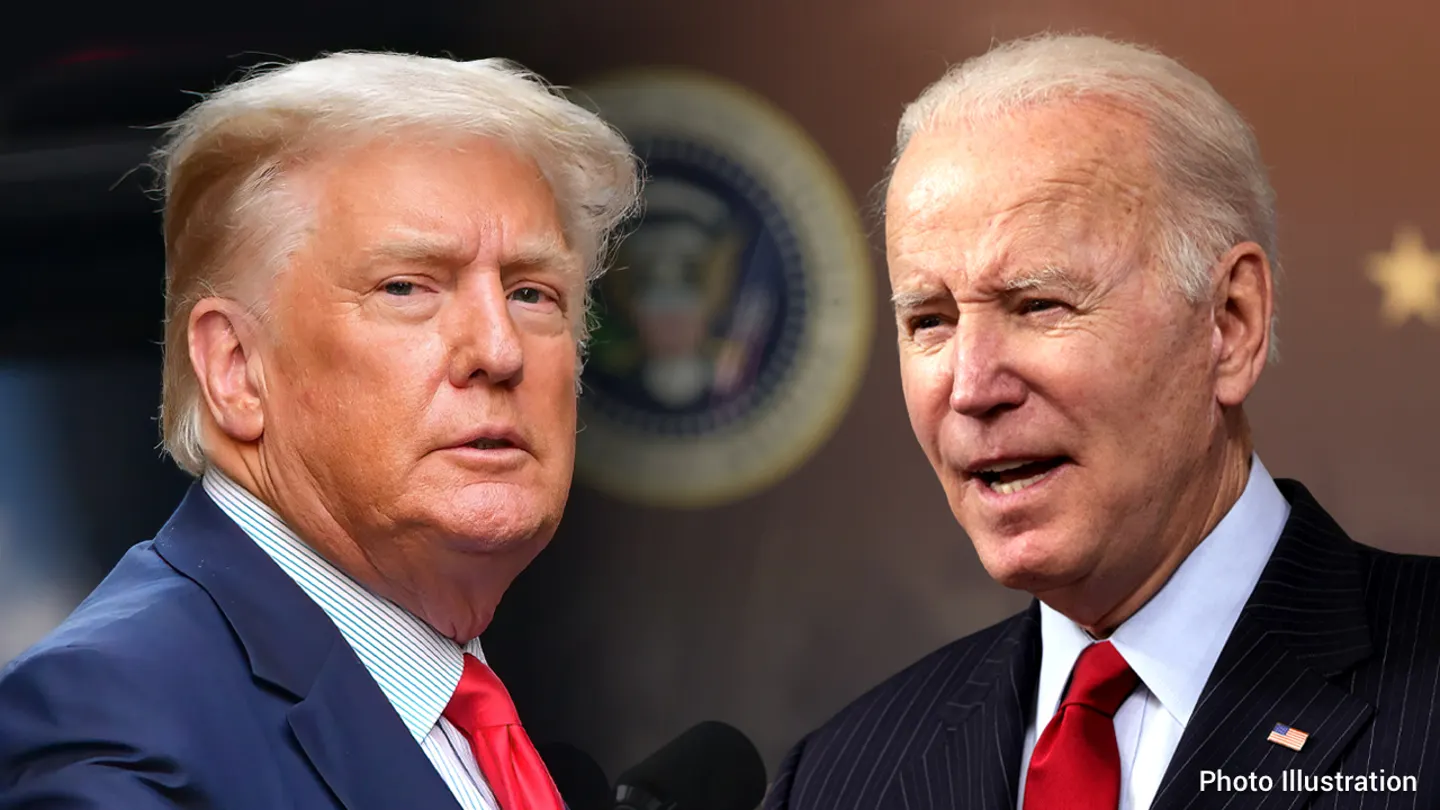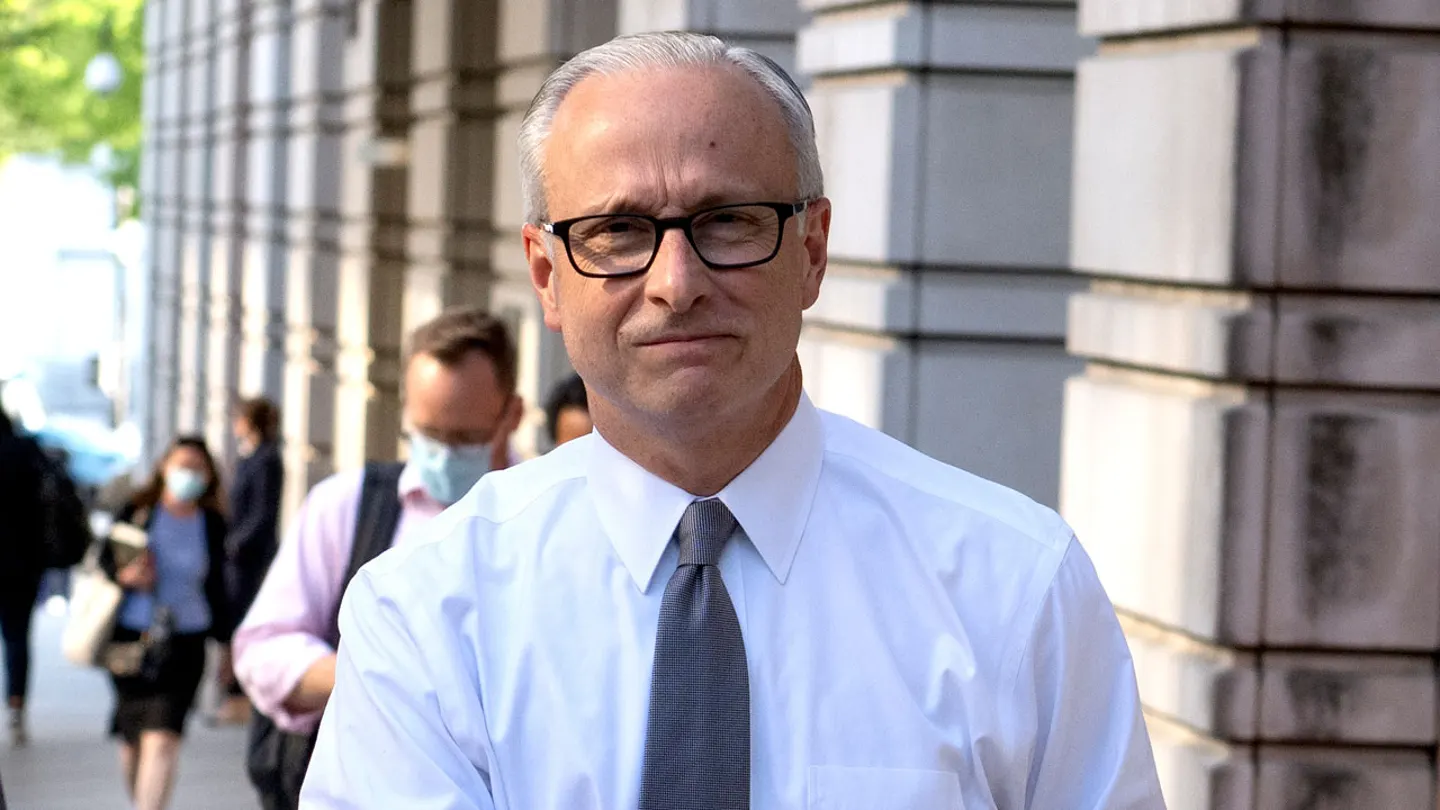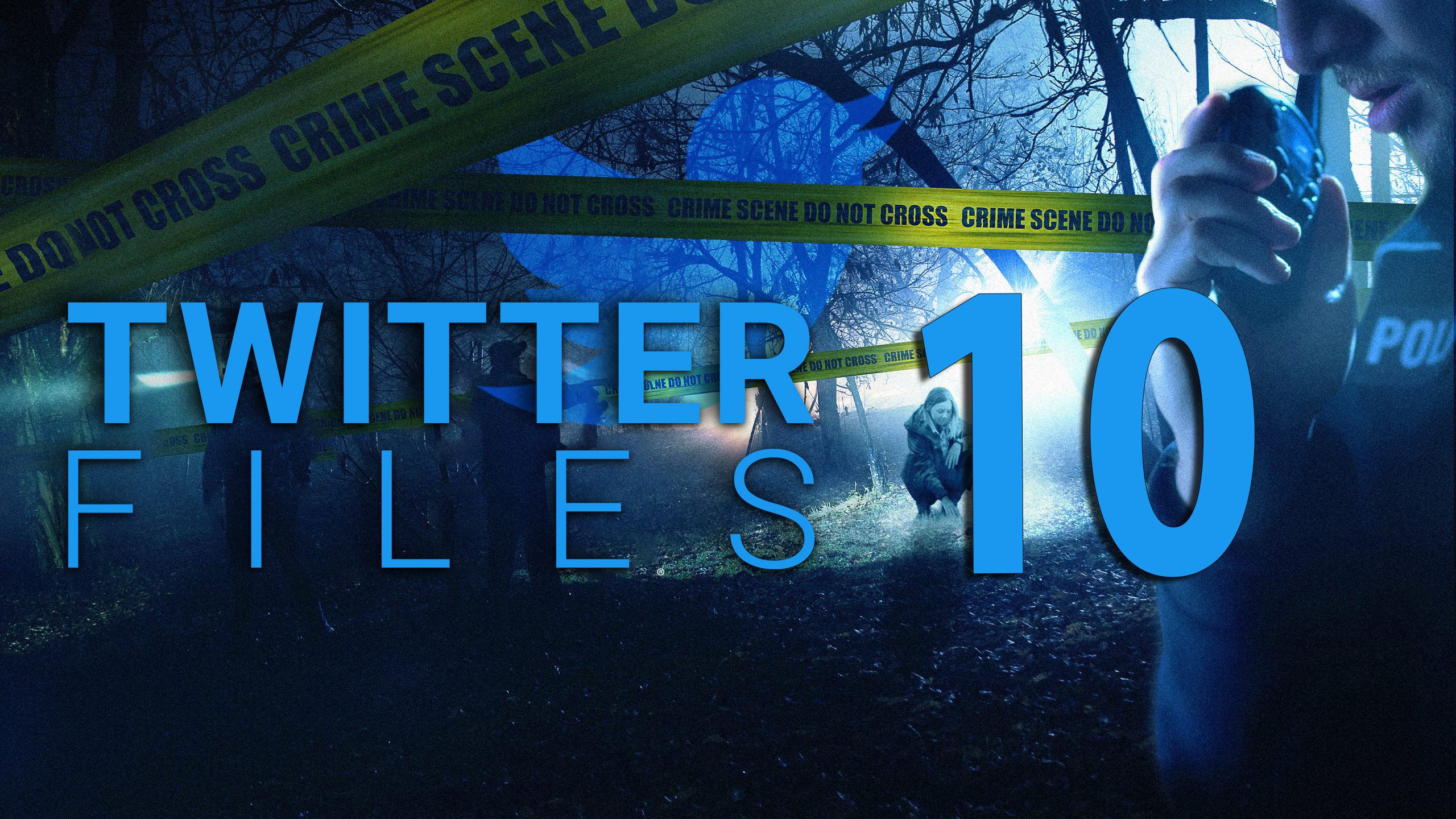The Twitter Files: Part 10 – Twitter And “Other Government Agencies”
Twitter Files Part 10:
Trump, Biden White Houses leaned on tech giant to moderate content during COVID
David Zweig went viral with reporting that implicates both Trump and Biden administrations
Twitter And “Other Government Agencies” • Matt Taibbi (@mtaibbi)
The latest installment of the “Twitter Files” shed light on how both the past and current administrations leaned on tech giants to moderate content during the coronavirus pandemic.
Independent writer David Zweig went viral on Monday with reporting on behalf of Bari Weiss’s publication, The Free Press, on how the U.S. government “pressured Twitter and other social media platforms to elevate certain content and suppress other content about Covid-19.”
“Internal files at Twitter that I viewed while on assignment for @thefp showed that both the Trump and Biden administrations directly pressed Twitter executives to moderate the platform’s pandemic content according to their wishes,” Zweig wrote. Citing Twitter’s “meeting notes” with the Trump administration, one name-dropped then-White House Chief Technology Officer Michael Kratsios, who “led the Trump administration’s calls for help from the tech companies to combat misinformation.”

“Areas of focus included conspiracies around 5G cell towers, runs on grocery stores, and misinformation that could stoke panic buying and behaviors,” the memo read, according to Zweig.
The memo revealed other companies including Google, Facebook and Microsoft participated in “weekly” calls with the Trump administration to discuss “general trends” that were happening on their platforms.
The “Twitter Files” noted that when President Biden took over, “one of the first meeting quests from the Biden White House was about COVID misinformation” and that Biden’s staff “focused on vaccines and hight profile anti-vaxxer accounts, including Alex Berenson.”Another memo, written in December 2022 by Twitter’s head of U.S. public policy Lauren Culbertson, alleged the Biden administration was “not satisfied with Twitter’s enforcement approach as they wanted Twitter to do more and to de-platform several accounts.”
“Because of this dissatisfaction, we were asked to join other calls. They were very angry in nature,” Culbertson wrote, according to Zweig’s reporting.
Zweig continued, “Twitter executives did not fully capitulate to the Biden team’s wishes. An extensive review of internal communications at the company revealed employees often debating moderation cases in great detail, and with more care than was shown by the government toward free speech. But Twitter did suppress views—many from doctors and scientific experts—that conflicted with the official positions of the White House. As a result, legitimate findings and questions that would have expanded the public debate went missing.”
The latest “Twitter Files” could implicate up to three potential 2024 hopefuls; former President Trump, who last month launched his third bid for the presidency, former Vice President Mike Pence, who led the coronavirus task force during the Trump administration, and President Biden, who has repeatedly said he intends to seek re-election.
Fox News Digital asked Kratsios, representatives for both Trump and Pence as well as the Biden White House whether they ever suggested, encouraged, requested or demanded Twitter or any other tech company to either suppress or remove content related to COVID and whether they had any concerns that such inquiries would be in violation of the First Amendment.
Steven Cheung, a spokesman for the Trump campaign, cited a post the former president made about the “Twitter Files” on his social media app Truth Social, which specifically knocked former Twitter lawyer and ex-FBI general counsel Jim Baker, who Zweig reported wanted Twitter to suppress the then-president’s Twitter account over an optimistic COVID tweet from Oct. 2020. Cheung also shared a campaign statement touting Trump’s record combating COVID, but did not respond to the multiple inquiries regarding the Trump administration’s apparent role in social media censorship.
Neither Kratsios, Pence’s office, nor the Biden White House responded to Fox News’ requests for comment. Twitter also did not respond to a request for comment.

Each installment of the “Twitter Files” was shared by the journalists tapped by Twitter owner Elon Musk to address various controversies. Substack writer Matt Taibbi went viral with the first installment in early December with his “Twitter Files” focusing on Twitter’s internal discussions leading to it censor the Hunter Biden laptop story during the 2020 presidential election, with some officials struggling to explain how it violated its “hacked materials” policies.
It was later revealed that the first batch of “Twitter Files” was vetted without Musk’s knowledge by Twitter deputy general counsel Jim Baker, who previously served as the FBI’s general counsel and was involved in the Russia probe. Musk fired Baker shortly thereafter.
Baker was swept up in Taibbi’s reporting about the suppression of the Hunter Biden story, telling his colleagues at the time, “I support the conclusion that we need more facts to assess whether the materials were hacked” but added, “it’s reasonable for us to assume that they may have been and that caution is warranted.”
Additionally, Taibbi initially reported, “Although several sources recalled hearing about a ‘general’ warning from federal law enforcement that summer about possible foreign hacks, there’s no evidence – that I’ve seen – of any government involvement in the laptop story.” It is unclear whether Baker’s involvement in vetting the “Twitter Files” led Taibbi to draw that conclusion and whether Baker omitted files that would have shown the federal government intervening in Twitter’s suppression of the Hunter Biden laptop story.

Internal communications also revealed Twitter staffers admitting that the popular right-wing account Libs of TikTok never violated its “hateful conduct” policy despite being punished several times for allegedly doing so.
Those revelations appear to contradict what former Twitter CEO Jack Dorsey told Congress in 2018, when he testified under oath that Twitter did not censor or shadowban conservatives.
The third, fourth and fifth installments of the “Twitter Files” focused on the permanent suspension of former President Trump around the Capitol riot in January 2021.
Taibbi reported how Twitter circulated election-related tweets from various users leading up to the 2020 election that were “flagged” by the FBI as being problematic.
Independent writer Michael Shellenberger revealed that Dorsey was phoning it in as he was on vacation while his deputies were pushing to deplatform Trump, with Roth particularly spearheading efforts to censor other users pertaining to tweets about the 2020 election. It became known that Roth met on a weekly basis with the FBI, Department of Homeland Security and the office of the Director of National Intelligence in the weeks leading up to the election.
Weiss addressed the pressure Twitter management was facing from its employees who called for Trump’s permanent suspension, though the Free Press editor also revealed several Twitter staffers who enforce policies did not believe Trump’s tweets from Jan. 6 actually violated its rules.
However, it was Vijaya Gadde, then-Twitter’s head legal chief, who asked if Trump’s tweets could be “coded incitement to further violence.” Moments later, the so-called “scaled enforcement team” suggested that based on how Twitter interprets Trump’s tweets, it could violate the violence incitement policies.
Part six of the “Twitter Files” put a spotlight on Twitter’s close ties with the FBI. Taibbi alleged the law enforcement agency was acting like a “subsidiary” of the tech giant, revealing communications that showed FBI agents systemically flagged Twitter users for tweets that included “possible violative content” pertaining to the election.
In response to the “Twitter Files,” a spokesperson for the FBI told Fox News Digital, “The FBI regularly engages with private sector entities to provide information specific to identified foreign malign influence actors’ subversive, undeclared, covert, or criminal activities. Private sector entities independently make decisions about what, if any, action they take on their platforms and for their customers after the FBI has notified them.”
The FBI’s routine contact with Twitter regarding users that would ultimately face punishment for their tweets has raised major flags about potential First Amendment violations.
In part seven, Shellenberger framed the Twitter’s coziness with the FBI in the context of the Hunter Biden laptop story, showing the FBI’s requests for Twitter to share sensitive data of its users, which Twitter refused to give, and the agency’s repeated inquiries into whether Twitter has seen foreign activity leading up to the 2020 election, something Twitter at the time said it had not. On Oct. 13, 2020, just one day before the New York Post broke its Hunter Biden story that was quickly censored, Twitter received 10 unknown documents from the FBI through its secure one-way Teleport channel.
One email from February 2021 shows the FBI paid Twitter over $3.4 million beginning October 2019 over the course of their partnership, as Twitter’s policies seek reimbursements when it comes to producing information as part of a legal process.
Roth had even participated in what was dubbed the “Hack-and-Dump Working Group” with the Aspen Institute in September 2020 to elaborately simulate how the media and Big Tech should handle something like the Hunter Biden laptop.
The FBI remained defiant amid criticism, telling Fox News in a statement, “The correspondence between the FBI and Twitter show nothing more than examples of our traditional, longstanding and ongoing federal government and private sector engagements, which involve numerous companies over multiple sectors and industries. As evidenced in the correspondence, the FBI provides critical information to the private sector in an effort to allow them to protect themselves and their customers… It is unfortunate that conspiracy theorists and others are feeding the American public misinformation with the sole purpose of attempting to discredit the agency.”
Part eight, shared by Intercept investigative reporter Lee Fang, exposed Twitter’s assistance in the Pentagon’s foreign influencing campaigns, allowing the military to use covert accounts to push out propaganda overseas despite it being against Twitter’s own policies. Taibbi separately reported in the ninth installment about Twitter’s constant interactions with “OGAs” (other government agencies) including the CIA.

